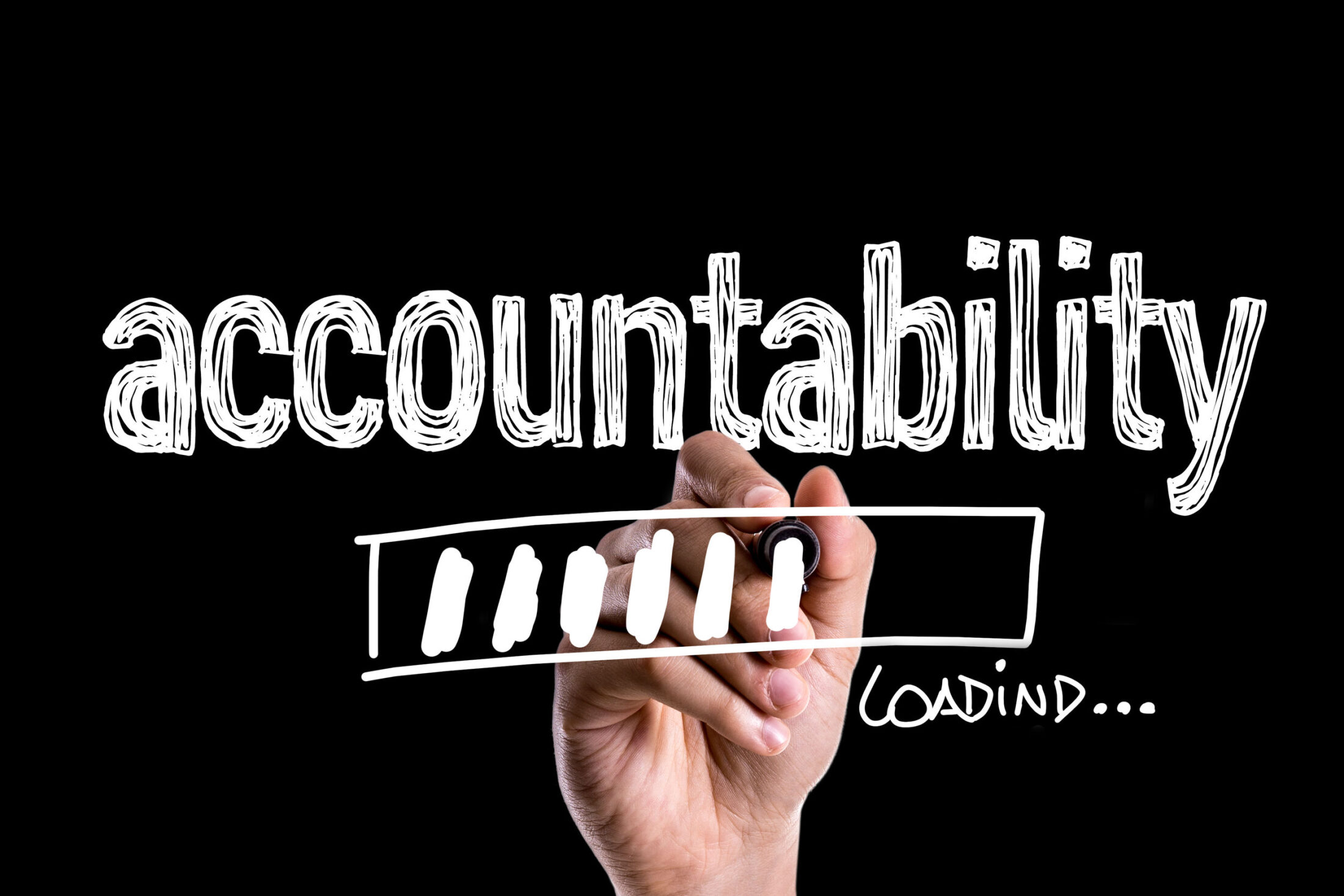Kansas is one of seven states that has no legislation regarding dyslexia in Kansas schools. Legislation regarding dyslexia ranges from screening requirements to intervention requirements. According to the International Dyslexia Association (IDA), 85% of students diagnosed with a learning disability have “…a primary learning disability in reading and language processing.” However, not all cases are severe enough that the student would get classified as having a learning disability. IDA says between 15% and 20% of the population have some symptoms of dyslexia, which involves difficulty in learning to read or interpret words, letters, and other symbols.
The legislature plays a major role in reform, largely due to the state board of education choosing to defer to state lawmakers. The Kansas State Department of Education (KSDE) told The Sentinel in a phone call that KSDE only creates education policy and cannot create regulation regarding issues like dyslexia, but that the State Board of Education could. However, given that the legislature passed a statute establishing a task force to look into it, the State Board says it must now defer to the legislature.
“What happened last session was that the legislature passed a law that basically passed a statute that had established a task force that was to be chaired by a member of the state board,” says Kathy Busch, Kansas State Board of Education Chairwoman.
District 2 State Board Member Steve Roberts put it more succinctly saying, “It’s all politics.”
However, Roberts admits that SBOE is not aggressive enough on creating their own regulation, the result of which are statues from the legislature to stimulate movement on topics.
“They are very well-intentioned when they try to help us out. Because we have self-executing authority, we should probably have some culpability and blame that we don’t do enough sometimes. We aren’t aggressive enough,” said Roberts.
Though the board has the authority to create regulations regarding education, the board under the statute, according to Busch, must wait for implementation measures from the legislative task force.
“We do have regulatory authority so we can establish regulation and what we want to do when it has to do with education is that the state board wants to do that rather than a statute passed by the legislature,” says Busch.
The lack of action by the legislature and the State Board in requiring schools to test students for dyslexia creates a barrier to education for kids with dyslexia. State legislatures across the country are putting dyslexia laws on their books because the Individual with Disabilities in Education Act (IDEA), which are the national special education laws, does not define dyslexia. IDEA also does not direct how it should be addressed or recognized in the states. State laws can and do address different aspects of the learning disability ranging from definition to screening, training, or accommodation.
Kansas law provides protections and services for a wide variety of issues such as hearing and vision loss, but not dyslexia. Unless a student is medically diagnosed with dyslexia outside of school, which serves more severe cases, there is a good chance that students with much milder cases will not be diagnosed at all.
In 2018 a legislative task force was formed to examine how the state and can better address dyslexia among students. Senator Bruce Givens (R-El Dorado) was assigned to the task force. As a career special education administrator, Givens was surprised at what he learned.
“Other states moved ahead into diagnosing dyslexia in their schools by public educators. We employ school psychologists, we employ most of our special education teachers, most of them are trained to administer diagnostic tests and do evaluative work, but dyslexia we are not trained to,” said Givens
However, Cindy Hadicke, an Education Program Consultant with the Kansas State Department of Education says that educators are trained to recognize dyslexia.
“We train them on the science of reading and how to identify and work on identifying what early signs are of dyslexia.”
Kansas does not screen specifically for dyslexia. There are reading, writing and language arts assessments, but not a specific screening. And Kansas clearly has a serious issue with reading comprehension. According to Reading is Fundamental, only 37% of Kansas 4th graders are reading at a proficient level. That data is from the 2017 National Assessment of Educational Progress, which also shows just 37% of 8th graders are proficient. Some educators dismiss NAEP scores because not every student takes the test, but the Kansas state assessment (in which every student participates) shows similarly discouraging results. In 2018, 47% of 4th graders were on track for college and career (not needing remedial training) but only 26% of 8th graders.
Givens is concerned that students struggling with mild cases are not getting diagnosed and falling through the cracks.
“The other kids who have dyslexia, but not to the point of being a disability, I know we have missed in our schools and that’s the real travesty,” says Givens.
The Fundamental Learning Center in Wichita is a private school that is tailored for students who have dyslexia. Board member Dana Hensley believes the lack of screening for dyslexia is a drawback for some students.
“Not all of the Kansas students who are not reading proficiently are dyslexic, but a number of them are probably,” says Hensley.
The Fundamental Learning Center also trains teachers to recognize dyslexia, but Hensley admits where teachers are eager to learn, school districts are not.
“Most teachers really want their kids to succeed and will do anything to help them. School districts really don’t want us involved and I’m not quite sure why unless we are a threat to them somehow,” says Hensley.
When KSDE was asked if low reading proficiency potentially is related to dyslexia, Laura Jurgenson Assistant Director of Special Education said: “I don’t think we have the ability to comment on that.”
After his experience on the task force, Givens is working toward changing how the state addresses and screens for dyslexia.
“As a special-ed guy since 1978 I learned a tremendous amount and my attitude toward dyslexia changed and now I’m leading in Butler county to evaluate for dyslexia,” said Givens.




